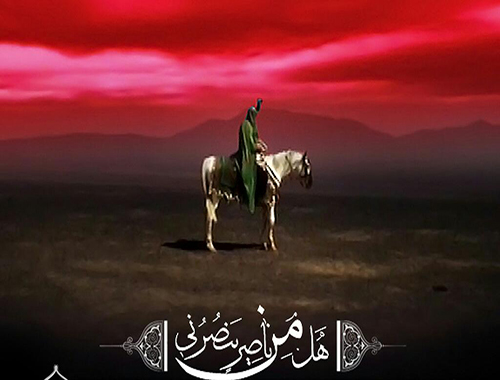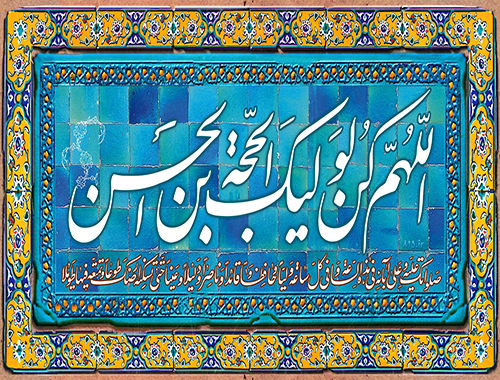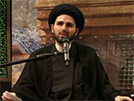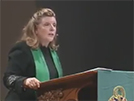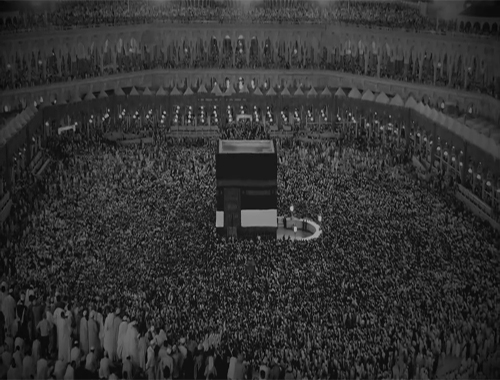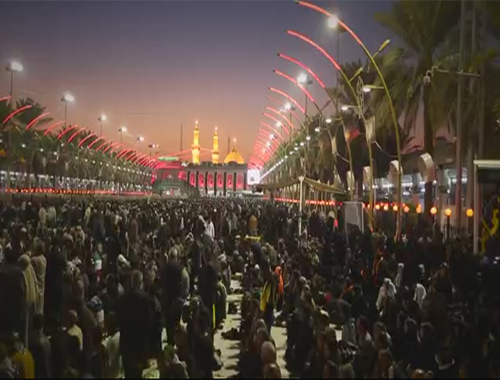
Nimrod was a wicked king who claimed to be god. He was very powerful and ruled over the entire world. Everyone was afraid of him and did not dare oppose him. Nimrod led a very comfortable life without anyone to challenge him. This was until he was informed by a learned person in his kingdom about the birth of a child who would challenge him and finally overcome him. This made Nimrod very nervous and he made immediate plans to prevent the birth of the child.
Nimrod ordered his men to hunt down infants and small children in his kingdom and kill them all. His men did as they were commanded and began killing all the infants and children in Nimrod’s kingdom. Thousands of infants were killed because of Nimrod’s fear of that one infant who would finally overcome him.
Yet, Allah (S.W.T) the Almighty protects whosoever He wants and as a result, Hazrat Abraham (A.S) was born despite such difficulties. But it was dangerous for his mother to keep Hazrat Abraham (A.S) in the house as Nimrod’s men could come anytime to check upon her. So she took him to a cave at some distance from the city and left him there. In this way Hazrat Abraham (A.S) was all alone in the cave with no one to care for him.
Although apparently Hazrat Abraham (A.S) was lonely and helpless in the cave, he wasn't exactly abandoned. Allah, the Almighty, is not one to desert His special friends in difficulty. So while Hazrat Abraham (A.S) was in the cave hungry and thirsty, Allah (S.W.T) arranged food for him in a most amazing manner. The food came in the form of milk from Hazrat Abraham's (A.S) thumb. Yes! Allah caused milk to flow from Hazrat Abraham's (A.S) thumb. When a servant relies only on Allah for help, then He never disappoints him.
In the cave, Allah (S.W.T) caused Hazrat Abraham (A.S) to grow very fast. So much so that he grew in a day how much other children would grow in a week and he grew in a week how much other children grew in a month and he grew in a month how much other children grew in a year! One day, his mother visited the cave, expecting to see him dead. When she saw a big, handsome, healthy boy she was very surprised and embraced him. She then visited him regularly in the cave. Hazrat Abraham (A.S) remained in occultation inside the cave, away from the people, for quite some time. His occultation ended when he was big enough for people to consider him as a youth than a boy.
This was the interesting incident of Hazrat Abraham's (A.S) occultation. We learn some very important lessons from it:
1. Occultation was common among the previous prophets and Allah (S.W.T) kept even the Ulul Azm prophets in occultation to protect them from evil kings. So if Imam Mahdi (A.S) is in occultation it is not something strange and unbelievable.
2. Allah, the Almighty, never abandons His servants in difficulty. First He helped Hazrat Abraham's (A.S) mother from Nimrod’s men and then He helped Hazrat Abraham (A.S) himself while he was all alone inside the cave.
3. Allah, the Almighty, is aware of His servants' needs, like He was aware of Hazrat Abraham's (A.S) hunger. Therefore, whenever we have any need we should turn only to Allah (S.W.T) and He will help us, no matter how great our problem may be.
4. The evil kings try their best to harm Allah's proof (Hujjat), but Allah (S.W.T) protects them from all evil, while the kings are unaware of it.
5. Occultation is a great difficulty for Imam Mahdi (A.S) and for us and we should pray for Imam's (A.S) safety and earliest reappearance.
This article was borrowed from Islamic Occasion
 Abraham - Islam Guidance
Abraham - Islam Guidance